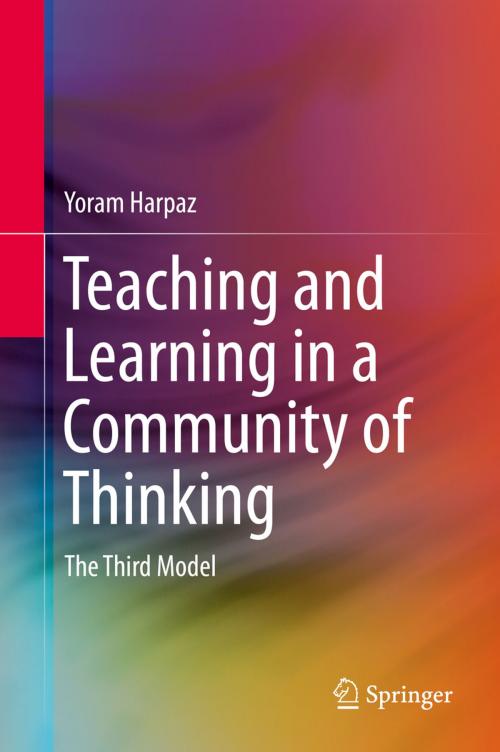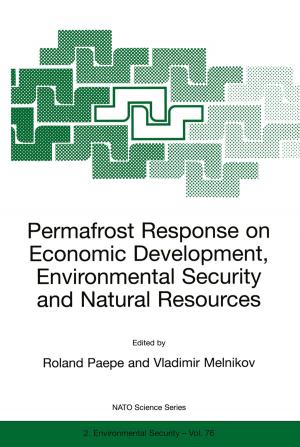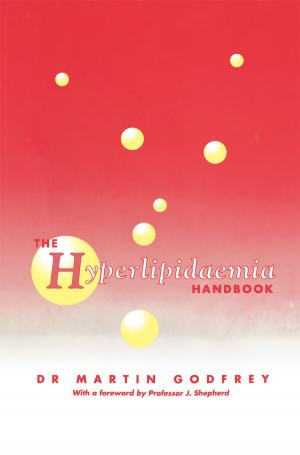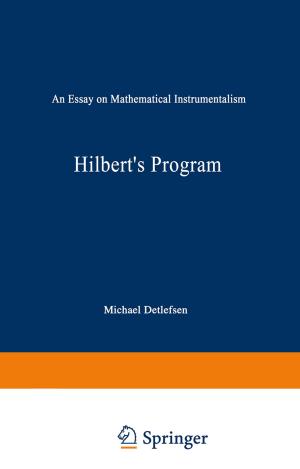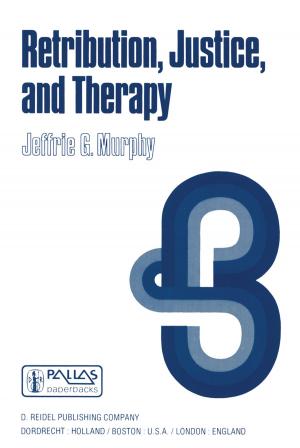Teaching and Learning in a Community of Thinking
The Third Model
Nonfiction, Reference & Language, Education & Teaching, Educational Theory, Educational Psychology, Philosophy & Social Aspects| Author: | Yoram Harpaz | ISBN: | 9789400769403 |
| Publisher: | Springer Netherlands | Publication: | November 11, 2013 |
| Imprint: | Springer | Language: | English |
| Author: | Yoram Harpaz |
| ISBN: | 9789400769403 |
| Publisher: | Springer Netherlands |
| Publication: | November 11, 2013 |
| Imprint: | Springer |
| Language: | English |
This book explores a new pedagogical model called The Third Model, which places the encounter between the child and the curriculum at the center of educational theory and practice. The Third Model is implemented in an alternative classroom called Community of Thinking. Teaching and learning in a Community of Thinking is based on three "stations": the fertile question; research; and concluding performance. The essence of a Community of Thinking is the formation of a group of students and teachers who grapple with a troubling question to which they do not know the answer at the outset – and sometimes even at the end of their investigation. The Community of Thinking framework is supported by a whole school model – the Intel-Lect School. The model, or parts of it, is currently implemented in schools in Israel, England, Australia, and New Zealand.
The book suggests a new pedagogical narrative based on alternative "atomic pictures" of learning, teaching, knowledge, mind and the aim of education, and a systematic pedagogical practice based on this narrative.
This book explores a new pedagogical model called The Third Model, which places the encounter between the child and the curriculum at the center of educational theory and practice. The Third Model is implemented in an alternative classroom called Community of Thinking. Teaching and learning in a Community of Thinking is based on three "stations": the fertile question; research; and concluding performance. The essence of a Community of Thinking is the formation of a group of students and teachers who grapple with a troubling question to which they do not know the answer at the outset – and sometimes even at the end of their investigation. The Community of Thinking framework is supported by a whole school model – the Intel-Lect School. The model, or parts of it, is currently implemented in schools in Israel, England, Australia, and New Zealand.
The book suggests a new pedagogical narrative based on alternative "atomic pictures" of learning, teaching, knowledge, mind and the aim of education, and a systematic pedagogical practice based on this narrative.
